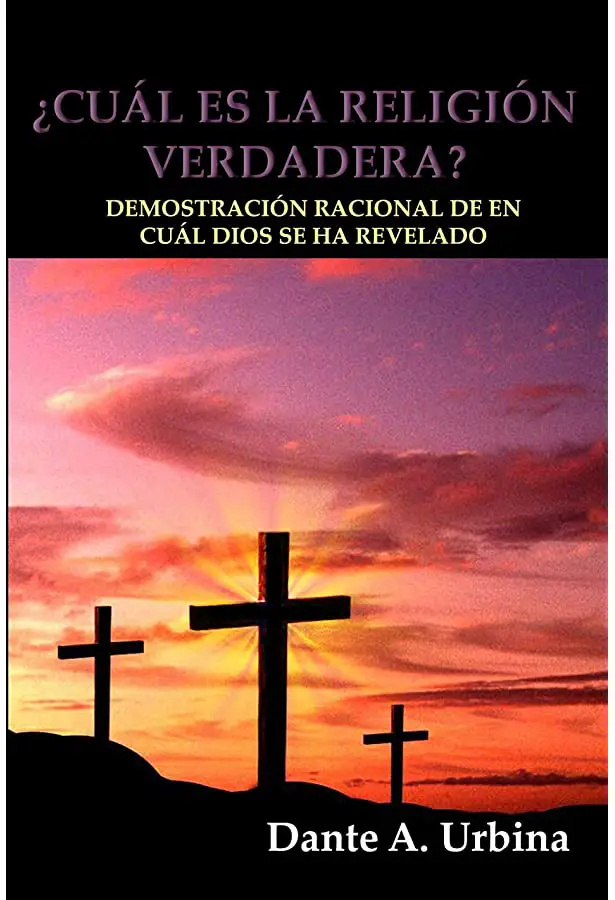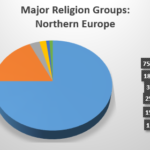Understanding the Religion of Jesus, the Search for the True Faith, and the World's Oldest Religions

Introduction
The origins, evolution, and authenticity of religious traditions remain some of humanity’s most profound questions. This article explores three closely related yet distinct topics: the religion practiced by Jesus of Nazareth, the ongoing search for the ‘true’ religion, and the evidence surrounding the world’s most ancient spiritual systems. Through careful analysis of historical sources and scholarly consensus, you will find actionable steps for further study and practical advice for those seeking to deepen their religious knowledge.
The Religion Practiced by Jesus
To understand the background and beliefs of Jesus, it is crucial to place him within his historical and cultural context. Jesus of Nazareth was born and raised in 1st-century Judea, a region dominated by Jewish tradition and law. All credible historical and archaeological sources agree that Jesus was born a Jew, lived as a Jew, and taught within the framework of Judaism [1] [2] . He participated in Jewish festivals, read from Jewish scripture, and adhered to Jewish customs of his era. His teachings often referenced the Hebrew Bible (the Tanakh) and addressed primarily Jewish audiences.
While Christianity later developed as a distinct religion based on the belief in Jesus as the Messiah (the Christ), Jesus himself did not found a new religion during his lifetime . Rather, his earliest followers were Jews who believed he fulfilled Hebrew prophecies [3] . The term ‘Christian’ was first used after Jesus’s death, gradually distinguishing his followers from other Jewish groups over several decades [1] .
How to Learn More: If you want to study the historical religion of Jesus, you can:
- Consult Jewish historical texts and the Old Testament
- Read books and articles by reputable historians on early first-century Judaism
- Visit local libraries or contact religious studies departments at universities for further resources
- Attend lectures or webinars from leading biblical archaeologists and historians
Which Is the ‘True’ Religion?
The question of the ‘true’ religion is deeply personal and has been debated for centuries. No universally agreed-upon answer exists, as truth in religion depends on individual belief systems, cultural background, and spiritual experiences. Major world religions-including Judaism, Christianity, Islam, Hinduism, and Buddhism-all claim unique paths to truth and spiritual fulfillment.

Source: atlasdelmundo.com
Philosophers and theologians often encourage seekers to:
- Study the foundational texts and historical development of each religion
- Engage with diverse faith communities to gain firsthand understanding
- Reflect on one’s own experiences, values, and spiritual inclinations
- Consult with scholars or clergy for informed perspectives and guidance
Practical Steps for Spiritual Seekers:
- Identify your core values and beliefs-what matters most to you in a spiritual tradition?
- Visit official places of worship (synagogues, churches, mosques, temples) to observe different practices.
- Read introductory materials from authoritative sources (official religious organizations, academic presses).
- Engage in respectful dialogue with practitioners and scholars.
- Remain open to ongoing learning-spiritual understanding can evolve over time.
If you wish to find reputable information or religious communities, consider searching for official websites of major religious organizations or academic centers for comparative religion. For example, the Encyclopedia Britannica provides overviews of various faiths, and many universities offer online courses or open-access materials on world religions.
The Oldest Religion in the World
Scholars debate which organized religion is the oldest, as spiritual practices predate written records. However, Hinduism is widely considered the world’s oldest major organized religion still practiced today . Its earliest scriptures, the Vedas, were composed between 1500 and 500 BCE, though earlier traditions likely existed orally [4] . Other ancient religious systems include the traditional beliefs of Indigenous peoples, Ancient Egyptian religion, and Sumerian polytheism, which date back even further but do not survive as organized global religions.
Many modern scholars use the following criteria to evaluate ancient religions:
- Archaeological findings (temples, artifacts, ritual sites)
- Written texts (scripture, mythology, legal codes)
- Continuity of practice (are there living communities keeping the tradition alive?)
How to Explore Ancient Religions:
- Study academic sources on comparative religion and archaeology
- Visit museums with ancient religious artifacts
- Read translations of ancient texts such as the Vedas, the Pyramid Texts, or the Epic of Gilgamesh
- Consider enrolling in online courses in world history or anthropology
Challenges in Identifying the Oldest Religion: Oral traditions often lack written records, making precise dating difficult. Furthermore, many Indigenous spiritual systems predate written history but are not always classified as organized religions by modern definitions. It is important to approach these subjects with cultural sensitivity and awareness of ongoing scholarly debate.
Accessing Reliable Resources and Support
If you are seeking further information, education, or spiritual support, you can:
- Contact local religious leaders for guidance and community involvement
- Search for academic religious studies programs at accredited universities
- Use large public or university libraries for access to historical and religious texts
- Look for official websites of major religious organizations for doctrinal information and educational materials
For questions about spiritual counseling or interfaith dialogue, you may consider reaching out to:
- Interfaith organizations or councils in your area
- Accredited mental health professionals with experience in spiritual issues
- Centers for comparative religion or world religions at local universities
Summary and Next Steps
Understanding the religious context of Jesus, determining spiritual truth, and exploring ancient religions require thorough research and personal reflection. Available evidence shows that Jesus lived and taught as a Jew; Christianity developed after his death among his followers. The world’s oldest organized religion still practiced is generally recognized as Hinduism, though many ancient traditions exist. The quest for the ‘true’ religion is a personal journey-one best approached through education, respectful dialogue, and honest self-examination.
To deepen your knowledge, you can:

Source: bibliatodo.com
- Visit official religious organization websites or academic resources
- Contact local places of worship for community programs and introductory classes
- Search for online courses in world religions or ancient history
- Join interfaith discussion groups to broaden your perspective






